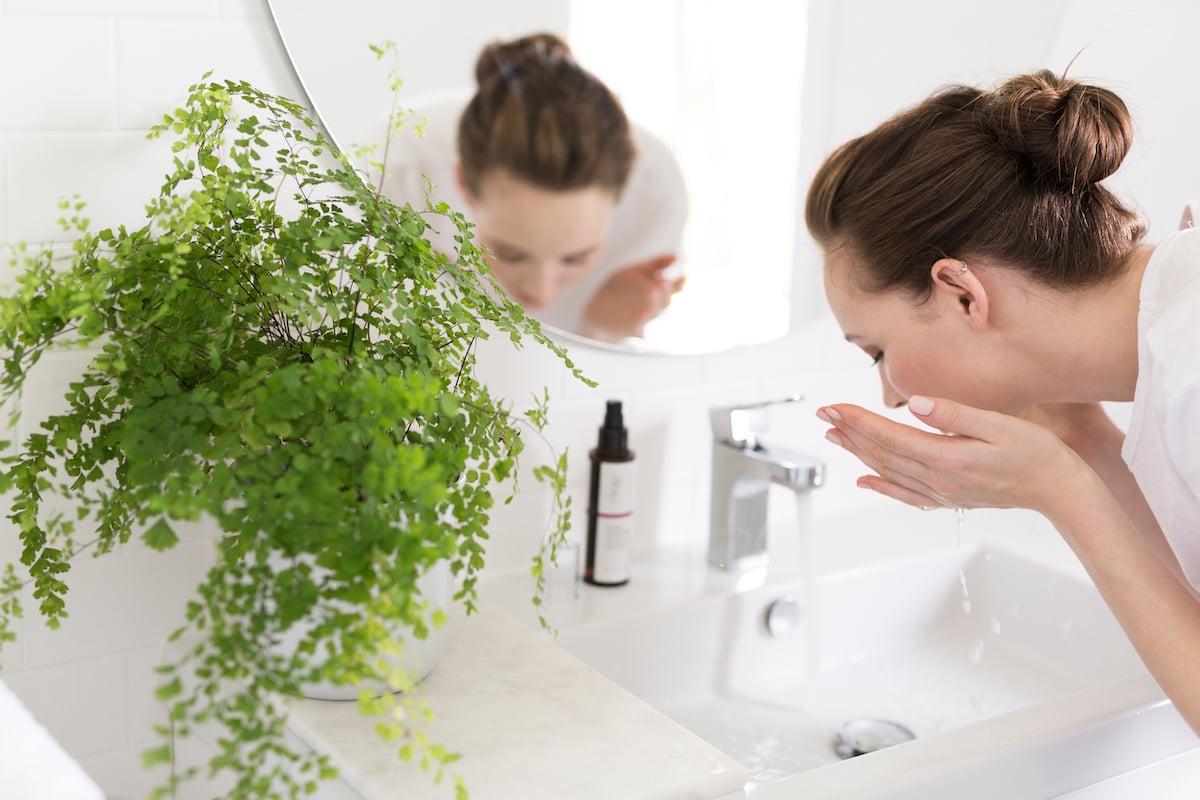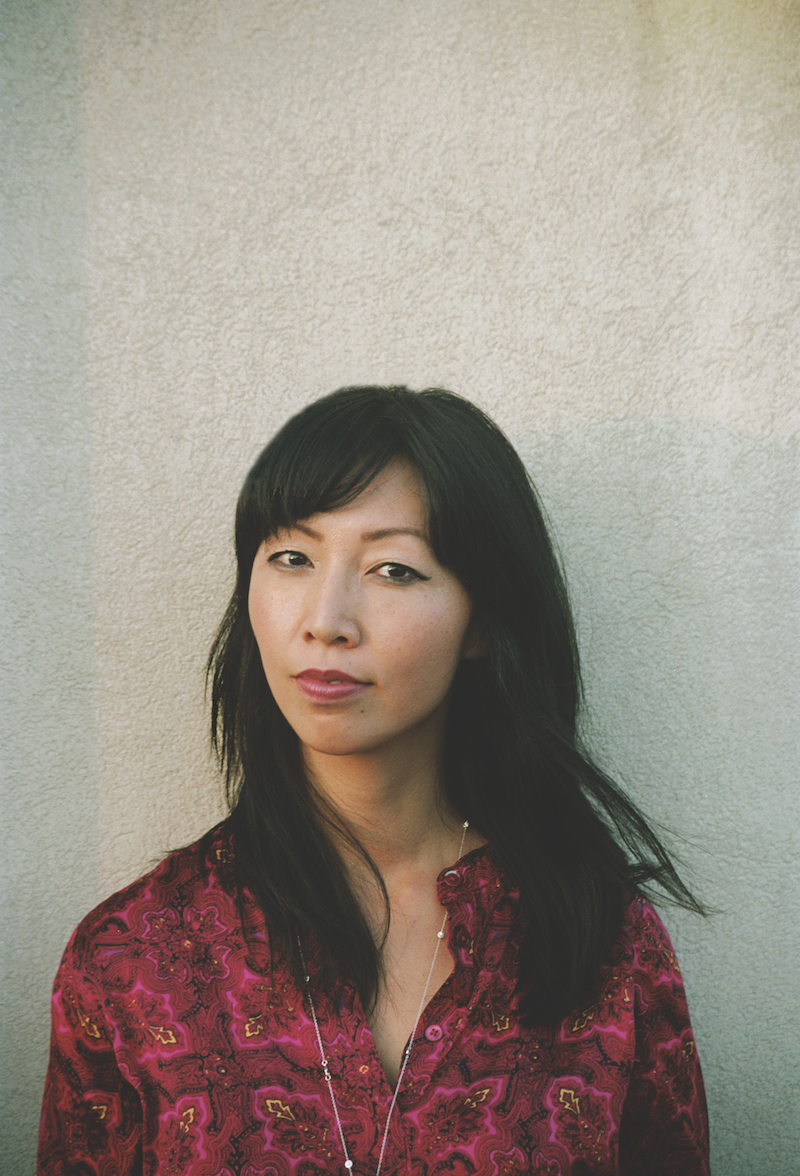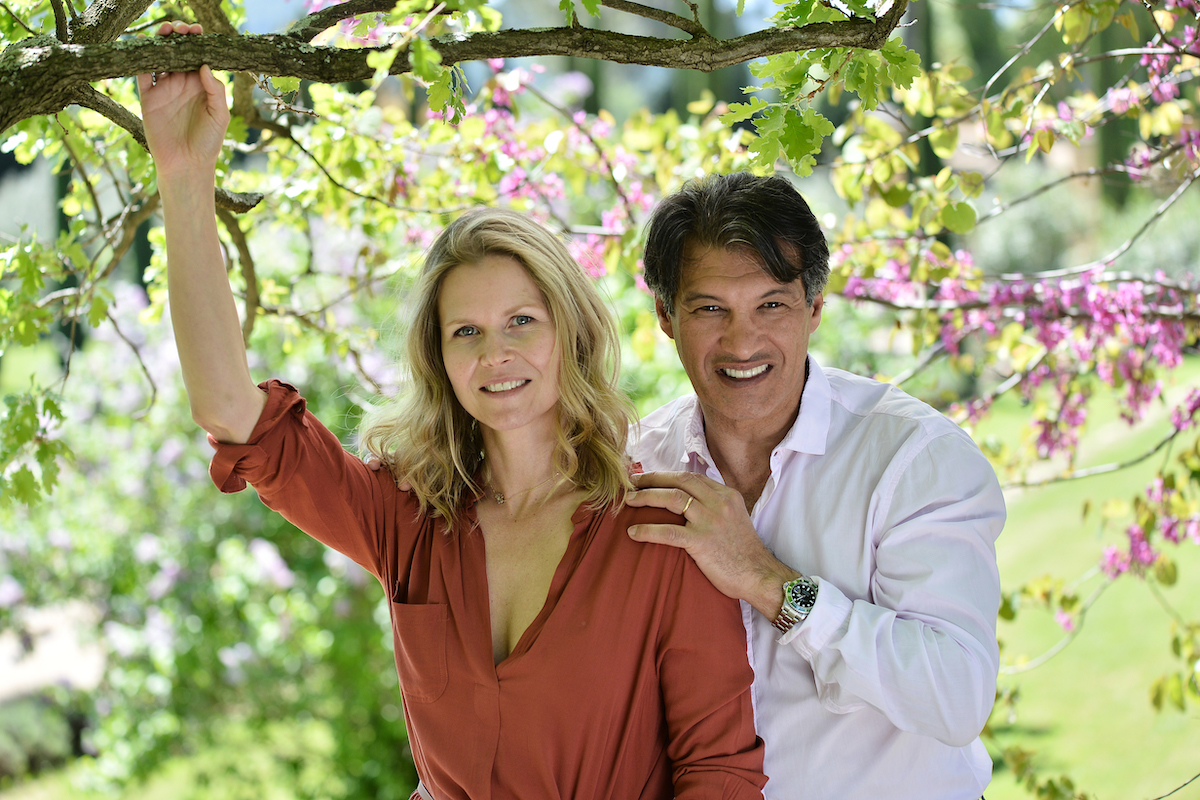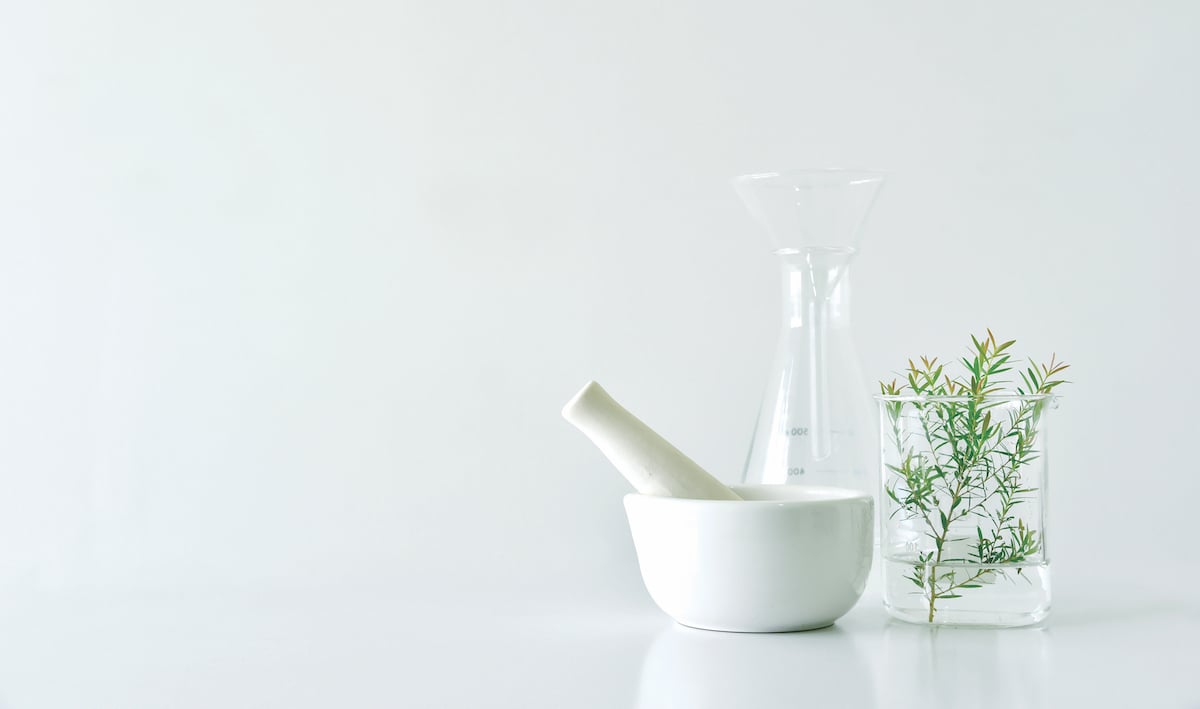Face cream, body lotion and mascara may seem the most trivial of investments. But wave an organic, botanical, chemical-free eco wand over them and you have a multibillion-dollar market enjoying sustained growth.
By 2025, the global organic personal care market is projected to reach US$25.11 billion (A$35.5 billion), with the largest markets in North America and Europe, and the fastest-growing market in Asia, according to US-based consultancy Grandview Research.
Grandview says increasing research and development into organic ingredients and demand for products free from synthetic and chemical ingredients is propelling a sharp sales rise. In the UK, the sale of vegan prestige beauty products alone rose 38% between 2017 and 2018, reports information company The NPD Group.
Helen Duxbury, Senior Account Manager at NPD UK Beauty, says consumers are adopting a more conscientious approach when purchasing products, looking closely at the underlying philosophies and actions of the brands.
Almost weekly, a new ‘green’ beauty brand from a niche label enters the global market. Meanwhile, established prestige brands are seeking to capitalise on the trend by subtracting chemicals or adding botanicals to products, developing their own eco lines or buying smaller start-ups.

Revlon, for example, underwent a makeover after the Campaign for Safe Cosmetics called it out on chemicals in its make-up, mascaras and shampoos. L’Oréal has promised that, by 2020, 100% of its products will have an improved environmental, eco or social profile; it has also launched a natural hair dye range, and L’Oréal’s Garnier US has a line of certified skincare products.
Unilever, which owns brands such as Toni & Guy, has launched its Love Beauty and Planet brand, which uses certified, sustainable ingredients and vegan-friendly formulas.
Procter & Gamble, which owns skincare brands including SK-II, has acquired Snowberry, a New Zealand natural skincare company that specialises in anti-ageing, while Hong Kong-based private equity firm CITIC Capital China Partners recently paid US$211 million (A$299 million) for New Zealand’s Trilogy, which has a significant footprint in Asia and the US.
The largest personal care markets are in North America and Europe, and the fastest-growing market in Asia.
“The beauty industry is being driven by two main trends – technology and demand for eco and sustainable products, mainly among millennials and health-conscious over-forties,” says Kelly Baker, founder of The Beauty Insider.

“Long-established brands initially didn’t pay much attention to green or natural lines. But ethical, green, cruelty-free, natural beauty brands are now so popular that the big houses have two options – buy smaller, ethical brands themselves or come up with smaller lines to capitalise on the demand.”
New Yorker Bee Shapiro, of Ellis Brooklyn, agrees. “When I first started, the big beauty companies didn’t get it. Today, the clean beauty world is booming and they want in. With this opening of doors comes a tremendous amount of funds to throw into R&D and marketing.”
Shapiro tips AmorePacific and its suite of brands as a leader in clean, innovative new ingredients – the Korean brand’s products are derived from Asian botanicals, hand-plucked from South Korea’s volcanic Jeju Island.
AmorePacific aims to become Asia’s number one beauty company and one of the world’s top five beauty companies by 2020.
It currently operates around 13,300 points of sale in 14 countries including the US, China, France and South-East Asia.
One of the most prestigious of heritage brands, Estée Lauder, recognised the green tsunami early, founding its botanical beauty brand Origins in 1990 and acquiring Aveda, the natural hair and skincare brand in 1997.
Initially, Aveda wasn’t as eco as it is today, with products now being formulated without the parabens, phthalates and sodium lauryl sulfate of old, and with a promise of environmental and social responsibility.
In 2018, Lauder’s net sales were estimated to be about US$2.8 billion (A$4 billion), with strong growth in the skincare segment and emerging markets, particularly Asia where its Aveda concept stores are a frontrunner.
“Our Aveda and Origins brands have really led the way in the green market,” says Nancy Mahon, Senior Vice President of Global Corporate Citizenship and Sustainability at The Estée Lauder Companies.
“We’re leveraging Aveda’s insights to help us build a sustainability learning culture across Estée Lauder companies. We recognise that our long-term success depends on our ability to embed sustainable practices along our value chain.”

Business leader Frédéric Fekkai, whose award-winning luxury haircare product collection is sold in more than 40 countries, comments: “Big brands really used to have the upper hand but we’re seeing more traditional brands mimicking what the smaller, green brands are doing.”
Fekkai and his wife Shirin von Wulffen have recently acquired Bastide, a Provence beauty brand founded on a commitment to clean, toxin-free living.
The green beauty movement is indeed a societal shift, says investment banker Richard Kestenbaum, Co-Founder of Triangle Capital, who advises clients in merchandising businesses: “Our culture is changing and, increasingly, consumers are turning away from mass, global, commercial brands. They want local, natural, environmentally friendly, artisanal products.
“It has always been true that while there are segments of growth, there are opportunities for entrepreneurs everywhere. Consumer businesses of the most basic products are being completely reinvented now by new modes of selling like flash sales, subscriptions and digitally native, direct-to-consumer brands.”
There are other opportunities for growth and innovation in the space, as von Wulffen adds, “The shift in popularity of natural beauty is also allowing consumers to explore other beauty-related products. Beyond skin care and hair care, I think there’s still a lot of opportunity in the market for creative products that are wellness-oriented but are still geared towards beauty consumers.”







